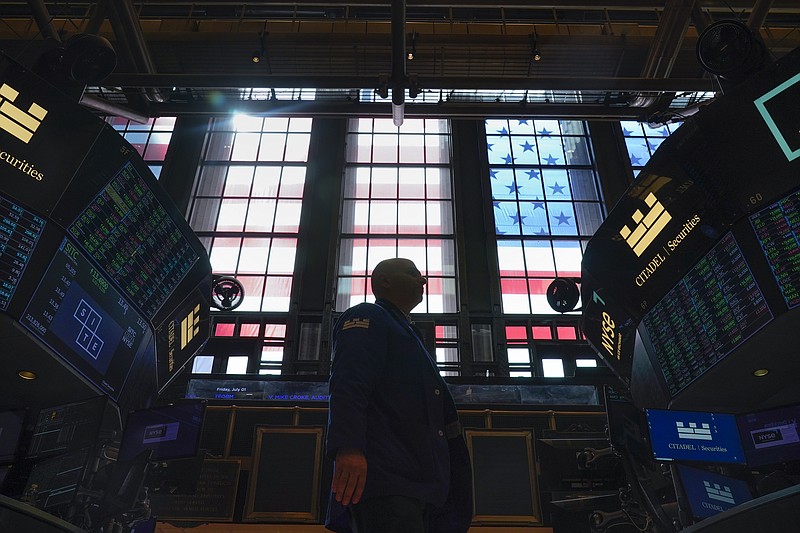NEW YORK (AP) - This year's crazy market swings prove once again how little control we have over our investments.
Stocks are down about 20% from their peak early this year, and along the way they've zoomed erratically in every direction. A seemingly solid gain for stocks on Wall Street in the morning can quickly give way to losses in the afternoon, for example, while the S&P 500 has followed up 10 losing weeks in 11 with a series of flip flops.
Even bonds, which are supposed to be the stable part of any investor's portfolio, are seeing prices swing sharply with each data point on inflation and expectations for interest rates.
In such times, it can pay to focus on just what you can control. For investors, that often means avoiding high fees. By keeping expenses low, investors can hold onto more of whatever returns their investments end up making.
Investors are largely heeding this advice, and that's forcing the investment industry to cut its fees in order to attract customers.
Last year, investors paid an average of 0.40% of their investments in mutual funds and ETFs as fees, down from 0.42% in 2021, according to a recent study by Morningstar. That's nearly $6.9 billion in savings. Over time, the power of low fees also compounds through the years, magnifying the effect.
Morningstar's figures track with numbers released earlier this year by the Investment Company Institute, a trade group that represents the fund industry.
The continued migration from higher-expense funds to cheaper ones has been a big reason the average expense ratio paid by fund investors has dropped more than 50% over the last 20 years. Lower-fee options include index funds, which can charge nearly nothing because they try only to mimic the S&P 500 or another index, as well as some actively managed funds where managers do try to beat the market.
One area where investors are still willing to pay higher fees is for funds pitched as more "sustainable" options that take things like environmental impact into more consideration. Investors in such funds paid about 0.55% of their investments as fees last year, versus 0.39% for investors in more traditional types of funds. But the gap between those two has been shrinking, and last year's was the lowest on record, according to Morningstar.
